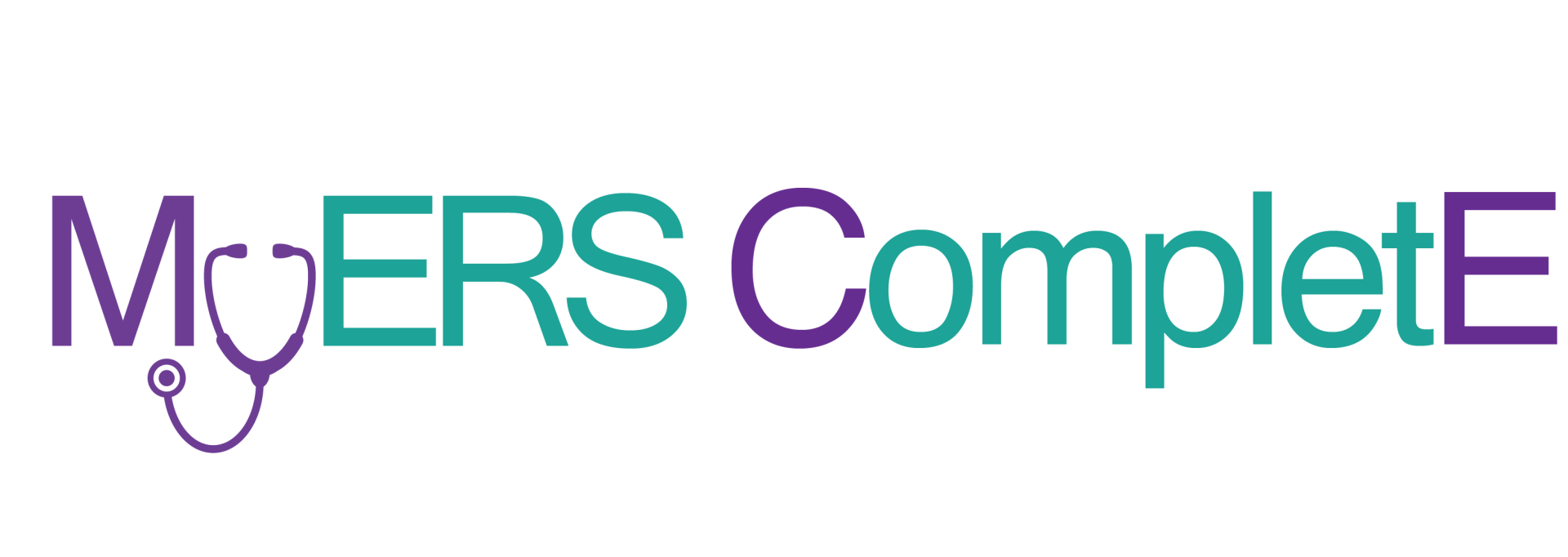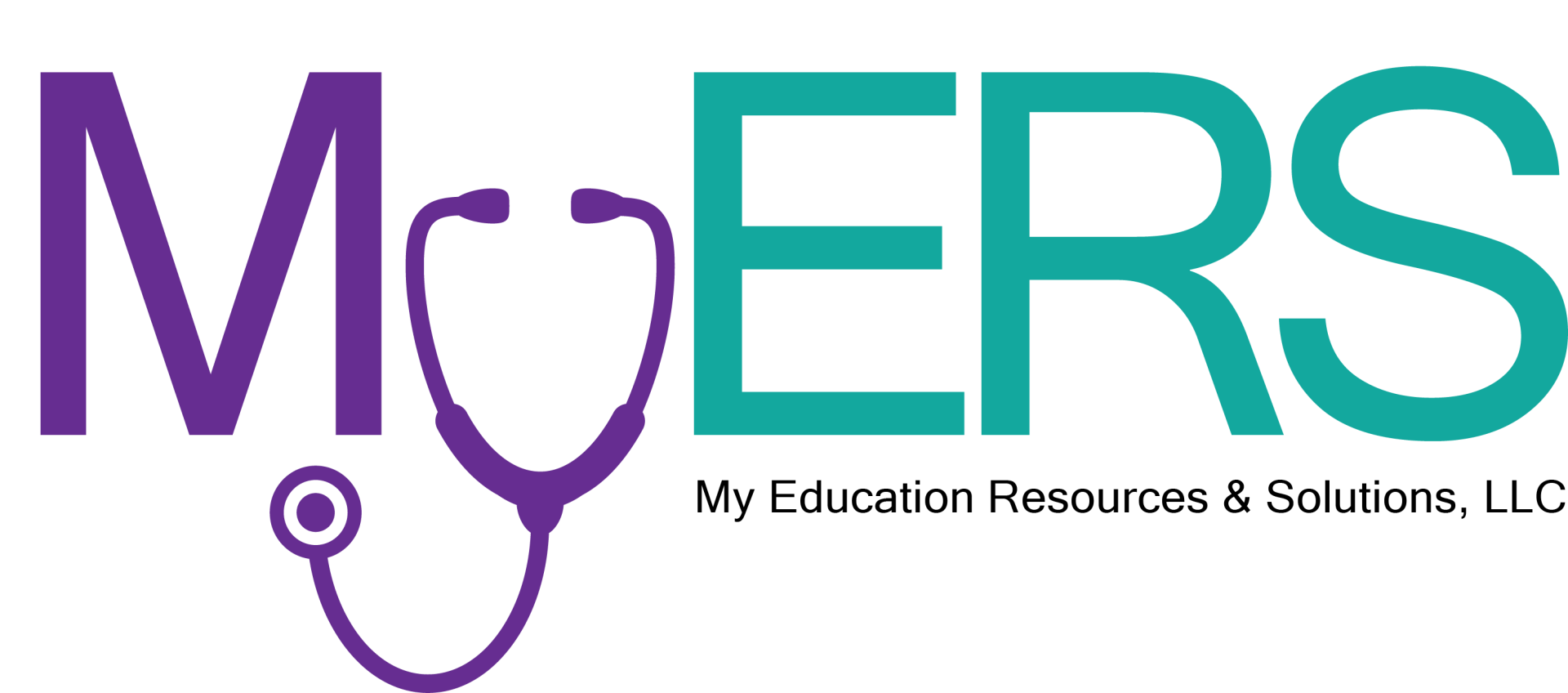Navigating Nursing's Expanding Horizons | Career Pathways for Today’s Registered Nurse
May 20

Navigating Nursing's Expanding Horizons
Career Pathways for Today’s Registered Nurse
Empty space, drag to resize
The nursing profession is undergoing a seismic shift. Innovations in technology, rising public health challenges, and evolving care models are opening career opportunities that have grown significantly over the past five years - particularly in virtual care, health equity, and informatics. As healthcare systems become more complex and community-centered, registered nurses (RNs) are positioned not only as care providers but as innovators, strategists, and specialists who shape the future of healthcare.
Let’s explore seven emerging pathways redefining nursing career growth in 2025 and beyond:
1. Virtual Care Specialists
Virtual care nurses are in high demand. Organizations such as the American Telemedicine Association and the American Nurses Association have released guidelines to support nurses working in telehealth environments. While a formal certification is not yet universally required, training programs and telehealth competencies are increasingly valued by employers.
Notable training programs include the American Academy of Ambulatory Care Nursing’s (AAACN) Telehealth Nursing Practice Certificate and the Center for Connected Health Policy’s telehealth education resources. These programs prepare nurses to assess patients remotely, manage chronic conditions via video visits, and ensure compliance with digital care protocols.
2. Climate Health Navigators
As climate change increasingly impacts public health, nurses are emerging as key responders. Post-graduate certificates and coursework in climate-related health impacts are expanding. For example, Columbia University offers a Climate and Health Program, and the University of Washington’s Center for Health and the Global Environment provides education on environmental health risks.
Several health advocacy groups have proposed the creation of a "Climate Resilience Corps", aimed at deploying health professionals - including nurses - to vulnerable communities affected by climate change. While not yet formalized at the federal level, similar initiatives are being piloted at state and academic levels.
3. AI Integration Consultants
As artificial intelligence (AI) tools become embedded in healthcare workflows, nurses are needed to ensure these tools support safe, patient-centered care. While the American Nurses Association has published position statements on the ethical use of AI in nursing, formal certifications are emerging through academic partnerships and continuing education platforms.
For instance, Stanford’s Center for Health Education and MIT offer short courses on AI in healthcare applications, which are relevant to nurses seeking to understand these systems. AI Integration Consultants work with IT teams and clinical departments to vet software, train staff, and translate clinical needs into tech requirements.
4. Data Literacy and Analysis
Nurses with skills in data interpretation are vital to transforming care quality and patient outcomes. The American Association of Colleges of Nursing (AACN) includes data literacy as a key competency in its Essentials for professional nursing education (2021), highlighting the growing expectation for nurses to use data in clinical decision-making.
RNs can take on roles as quality improvement analysts, population health researchers, or informatics liaisons, using dashboards and electronic health records (EHRs) to identify trends, prevent errors, and support value-based care.
5. Health Equity Champions
Hospitals are now required to track disparities in care by race, ethnicity, and other demographic variables - and nurses are stepping up to lead the charge. While a formal credential titled "Health Equity Nurse Leader" is not yet offered by national certifying bodies, nurses can pursue certificates in health equity and social determinants of health through institutions like the Harvard T.H. Chan School of Public Health or the CDC's online training modules.
These credentials position RNs as strategic partners in shaping equity-centered programs, inclusive policy design, and community engagement strategies that improve health outcomes across populations.
6. Entrepreneurial Nurses
From mobile clinics to wellness coaching, nurses are launching businesses that close care gaps. The rise of nurse-led startups is supported by organizations like the Society of Nurse Scientists, Innovators, Entrepreneurs, and Leaders (SONSIEL), and funding opportunities from groups such as the ANA Innovation Awards and Johnson & Johnson's Nurse Innovation Fellowship.
Entrepreneurial nurses blend clinical knowledge with business strategy, often focusing on high-need populations or tech-enabled solutions. Nursepreneurs are proving that bedside skills translate into market innovation.
7. Policy and Advocacy Specialists
With nurses consistently ranked as the most trusted profession, their voices carry weight in public policy. Nurses are increasingly engaging with legislation, health system reform, and regulatory issues that impact clinical care.
Programs like the American Nurses Advocacy Institute and fellowships with the Robert Wood Johnson Foundation or state-based nursing coalitions empower nurses to advocate for systemic change, health equity, and nursing workforce sustainability.
The Future Is Expanding
According to the U.S. Bureau of Labor Statistics, employment of registered nurses is projected to grow 6% from 2022 to 2032, with particularly strong demand in outpatient care centers, telehealth, and home health settings. The future of nursing is wide open - and it belongs to the nurse willing to explore it.
Whether you're charting a new course or mentoring others through theirs, there's never been a better time to define what nursing means to you.
Contact
-
My Education Resources and Solutions, LLC
-
PO Box 39566
Greensboro, NC 27438 -
hello@myerscomplete.com
-
(336) 988-7076
Become a member
Your gateway to advanced, cloud-based CE solutions.

